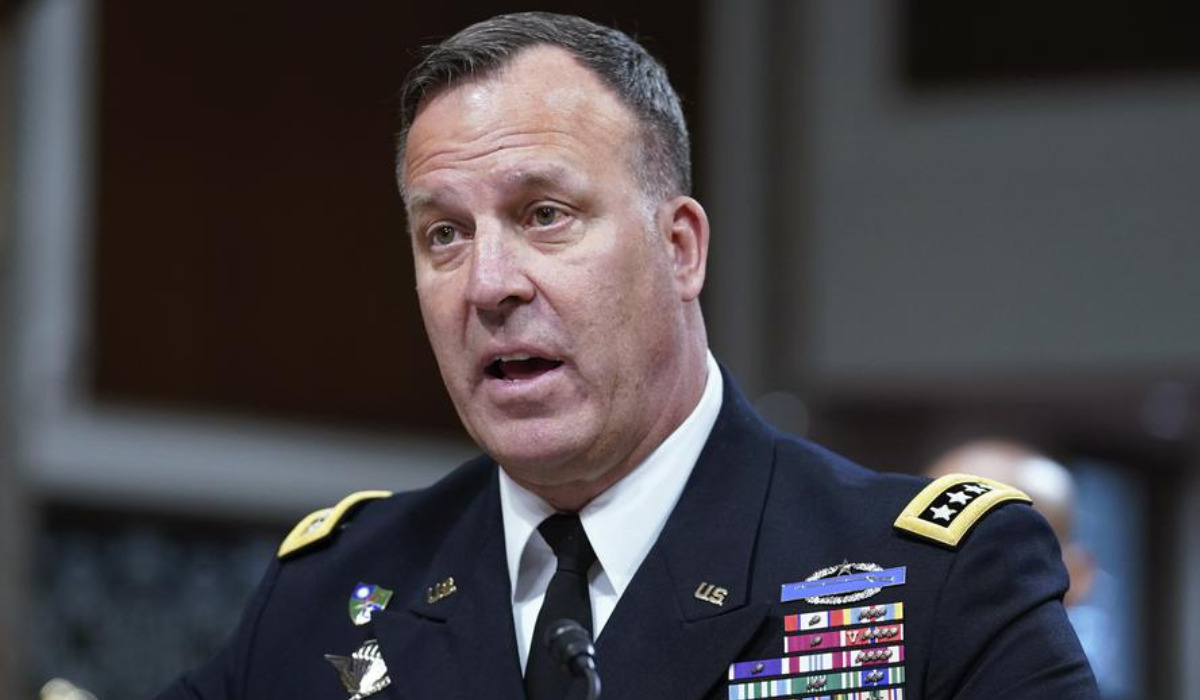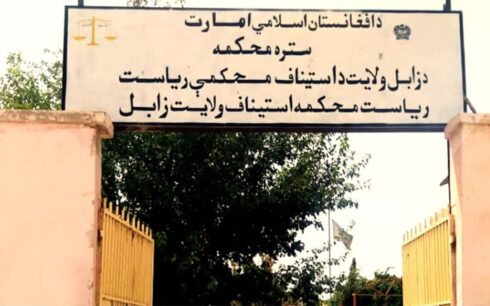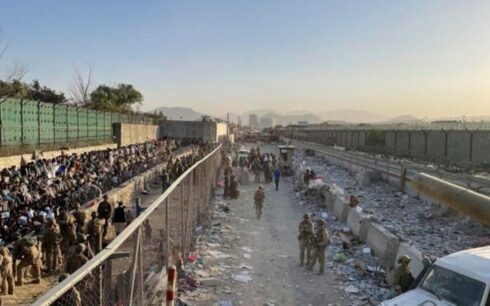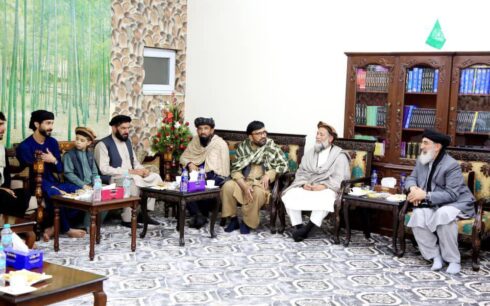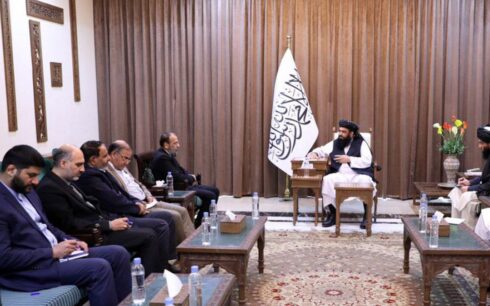A top US commander for US forces in the Middle East said on Thursday that Daesh in Afghanistan will be able to attack American or Western interests outside the country in less than six months “with little to no warning.”
Gen. Michael Kurilla, who leads US Central Command, told the Senate Armed Services Committee that Daesh’s Khorasan branch is rapidly developing the ability to conduct “external operations” in Europe and Asia.
However, he said the terrorist group will not be able to strike the US homeland in the near future.
“I think it is a higher probability overseas than it is in the homeland,” Kurilla said, acknowledging hundreds of thousands of US citizens living abroad could be in range of an attack.
“In Afghanistan, the Taliban’s hold on security is maintained through ideology, continued humanitarian aid and the persistent abuse of human rights to dismayed unrest. Extremist groups see opportunity and ISIS course grows emboldened, seeking to expand its ranks and inspire, enable and direct attacks in the region and beyond with the ultimate goal to strike on the American homeland,” he said.
The general’s assessment comes more than a year after US troops withdrew from Afghanistan in August 2021 and adopted an “over-the-horizon” counterterrorism approach that collects intelligence and carries out strikes without a permanent military presence in the country.
Kurilla confirmed that the US has only conducted one “kinetic” counterterrorism operation so far, a drone strike last year that killed al-Qaida leader Ayman al-Zawahiri in Kabul. But the commander said the US has also performed two “non-kinetic” operations involving more than five combatant commanders that have disrupted terrorist activity.
According to Kurilla, the quality of US intelligence has degraded since the pullout from Afghanistan, with the US being able to see the “broad counters” of an attack but lacking the “granularity to see the full picture.”
He said that counterterrorism operations are now more difficult, but not impossible, adding that his command is working to close the intelligence gap by increasing investment into long-duration, high-altitude technology that can stay in the air for days and weeks.
“Right now, I’m spending 80% of my time transiting to the region to be able to collect over-the-top [intelligence],” Kurilla said.
He mentioned that he needs more support for the analysts, linguists and other parts of the “analytical backside” that are critical for decision-making. There has been a “significant decrease” in their numbers in the Middle East as the U.S. military has reoriented to higher-priority targets, he said.
He said CENTCOM has shrunk by 85% since its peak in 2008, when the US was at war in Afghanistan and Iraq. The command’s size was reduced by 15% after the 20-year war in Afghanistan ended.
This comes as Daesh has claimed responsibility for many attacks over the past few months. The group claimed the responsibility for two attacks this month, including one on Taliban’s governor in Balkh and another attack on a journalists’ event in the same province.

